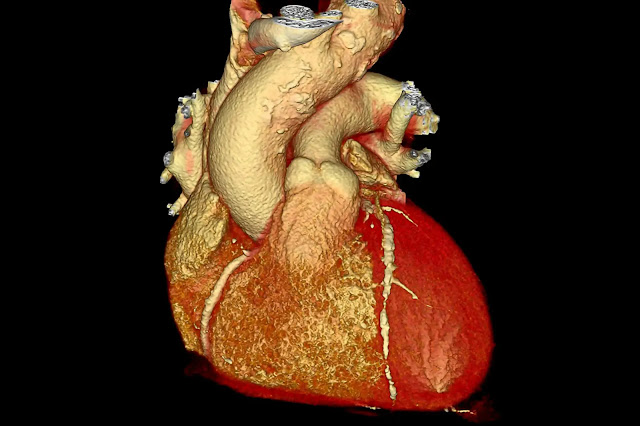A small group of patients with severe heart diseases after trying all the available cholesterol-lowering medications statin volunteered in experimental study that use gene editing to lower cholesterol. The results published from the Verve Therapeutics of Boston at the AHA(American Heart Association) proved that the treatment reduce cholesterol levels and it appears to be safe without side effects. The study was conducted by Dr. Sekar Kathiresan. The trial involved 10 patients on the average age of 54. The patients received a single infusion of microscopic lipid nano particles that contains molecules to edit and block the gene PCSK9 which is responsible of cholesterol synthesis in particular the LDL cholesterol. The lipid spheres were injected through the blood stream to reach the liver. Once into the liver cells the spheres would open up and release two molecules. One of the molecules had instruction for the DNA to create a gene editing tool, the other one is a messenger to bring the editing gene tool to the appropriate gene. The gene editing tool works like a pencil and an eraser. The eraser delete the base of the targeted gene while the pencil writes a new one that will turn off PCSK9. Patients that received the treatments dropped the level of LDL by 39 55%.
The end goal of this study and of this treatment was and it is to find a way to administer a single cholesterol-lowering treatment that can change the outcome of hearth diseases. Heart diseases are the most common diagnosed diseases and are the leading cause of death in America, by causing nearly 800,000 deaths every year. Most of those are related to cholesterol and LDL type. The connection between LDL and the gene was discovered at first by French researchers, that found a mutation of the gene PCSK9 , was leading to high level of LDL cholesterols. The mutated gene founded in the French study was then looked at more accurately and it was discovered that there were people with a different mutation of the same gene that could have lower LDL cholesterol and protect from the disease. In fact, people with either one or both PCSK9 gene disabled had very low LDL levels. Different pharmaceutical company started then work on a treatment that could reproduce the same effect. The first treatments created was made of ripetitive injections of antibodies that blocked the gene. This new genetic editing technique is a great breakthrough regarding hearth disease because recreate the effect of the mutation find in certain people.
In my opinion if this gene editing technique could be administered on larger scale it could make the difference between preventing and curing hearth diseases. The question at the moment is on the safety of this genetic treatment and on its long lasting effects. If those two aspects of the treatment could be controlled heart disease could become way more easy to fight.
